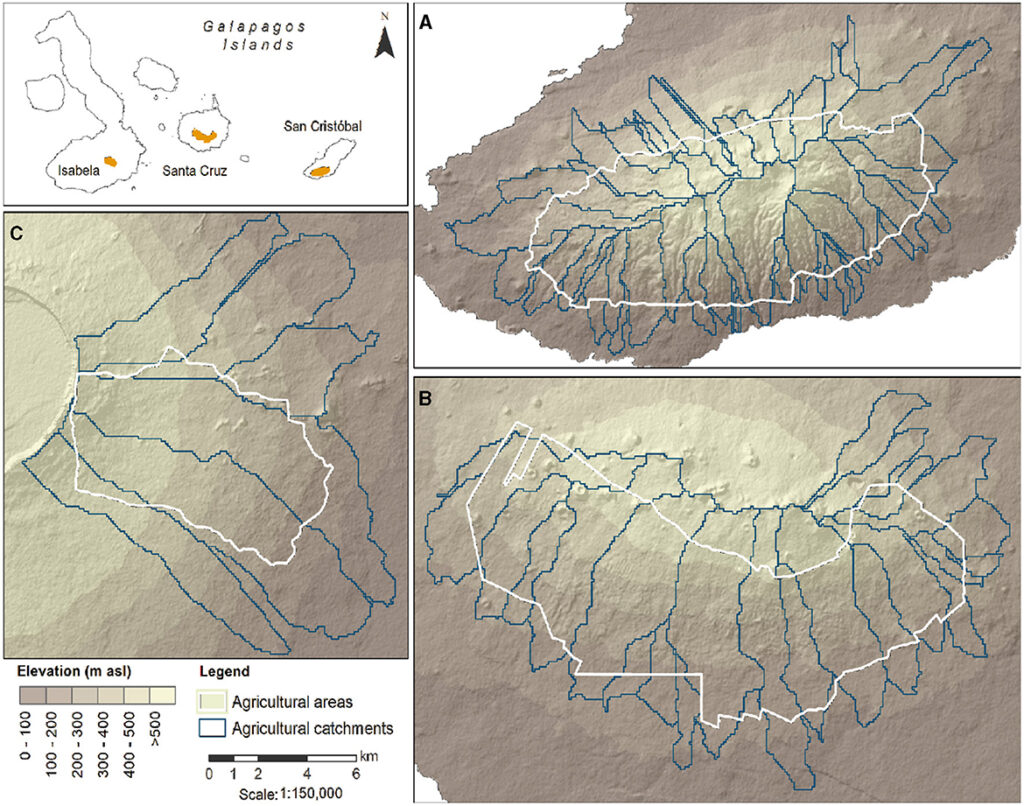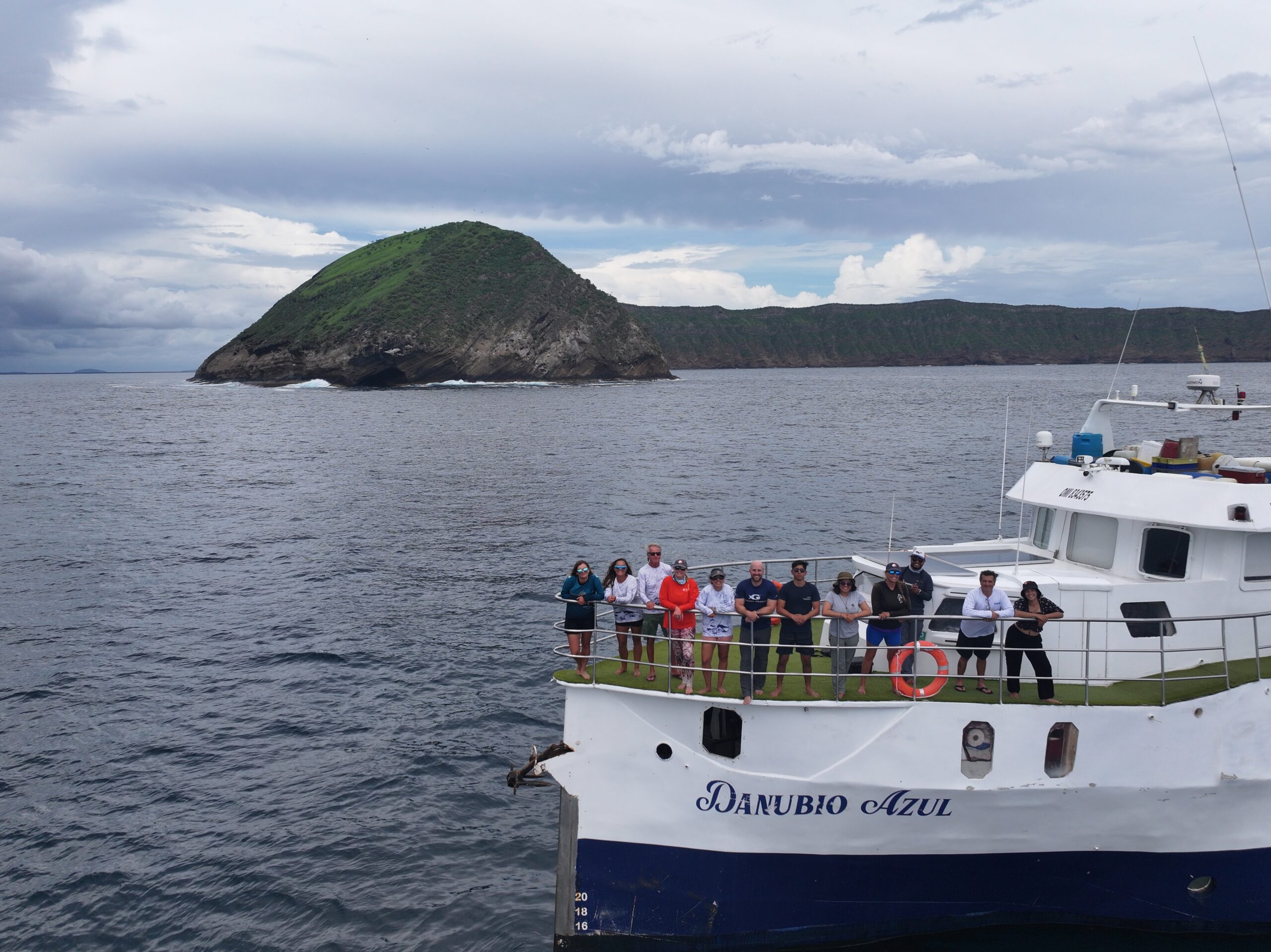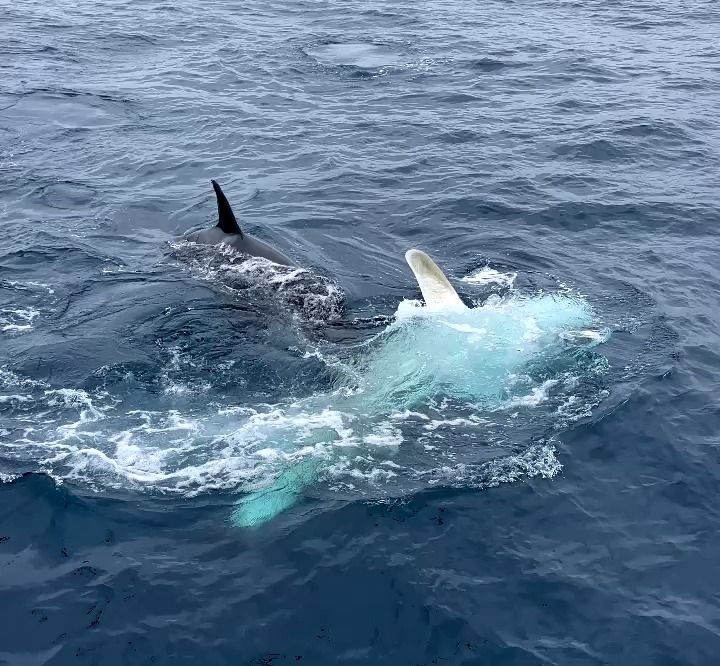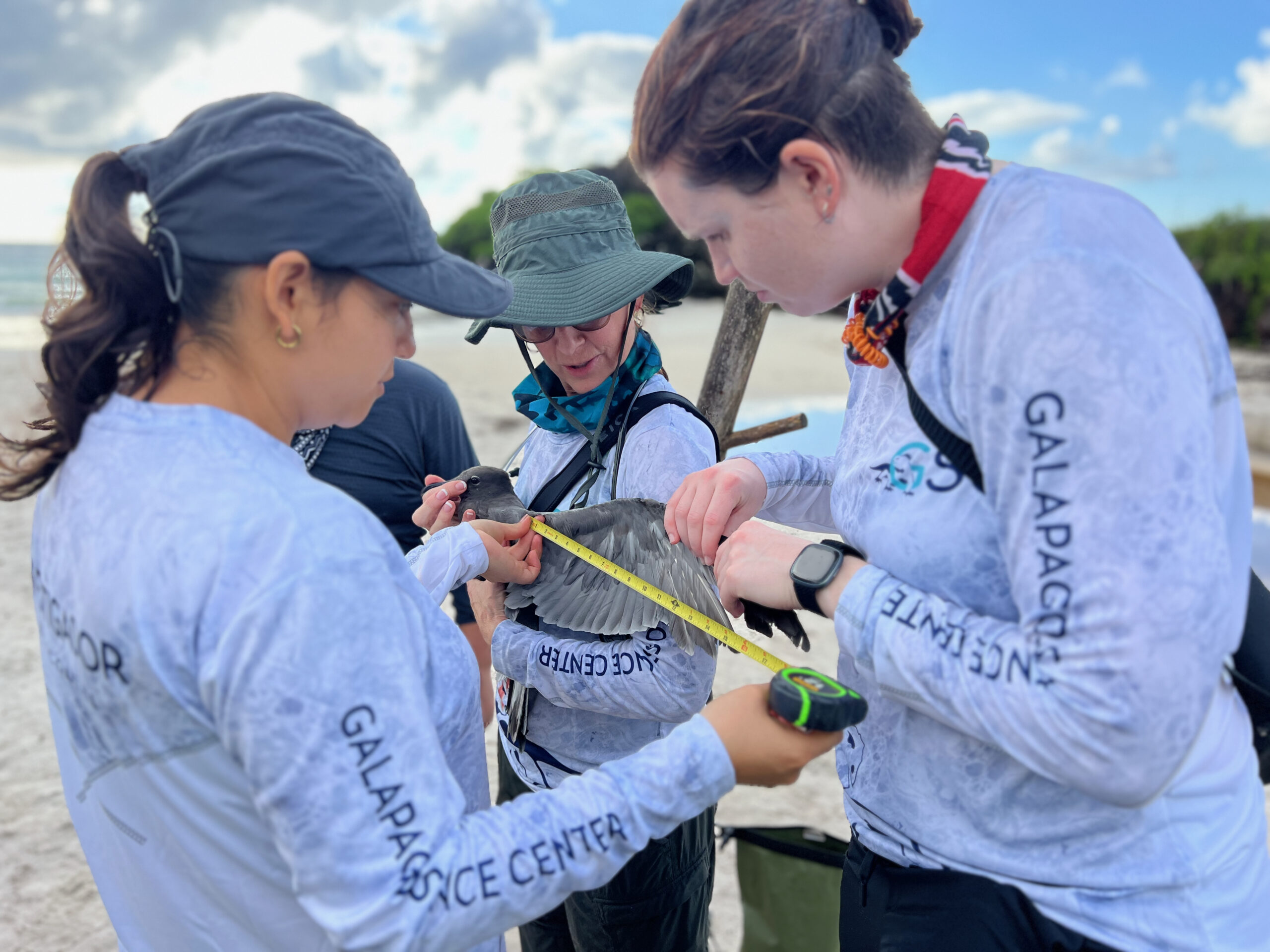Homero A. Paltán, Fátima L. Benítez, Manuel Narváez, Cristina Mateus, Carlos F. Mena.
Las Islas Galápagos, un punto de riqueza ecológica, enfrentan desafiantes condiciones climáticas y de desarrollo que socavan la seguridad hídrica regional. Sin embargo, la forma en que estas condiciones pueden cambiar en el futuro es altamente incierta. En este estudio, aplicamos por primera vez un enfoque basado en la incertidumbre en las Islas Galápagos para comprender los umbrales y posibles escenarios de riesgos para la seguridad hídrica de las cuencas agrícolas en la Isla Galápagos. Aplicamos un modelo de sistemas hídricos a las cuencas agrícolas, así como escenarios climáticos y de uso de la tierra para estimar los cambios físicos en la disponibilidad de agua y sus implicaciones en umbrales de sequía y flujo extremo. Nuestros resultados destacan el papel clave del flujo base y su importante sensibilidad a los cambios en la precipitación para determinar los estados de seguridad hídrica en las Islas. De hecho, una disminución de aproximadamente el 25% de los flujos de agua totales, en comparación con las condiciones históricas, en las Islas llevaría a condiciones de sequía similares a las del estado de emergencia de 2016. También observamos que bajo un escenario de uso de la tierra que promueve prácticas sostenibles, la robustez de las Islas ante las variaciones climáticas aumenta. Nuestro estudio proporciona la base para aplicar enfoques basados en la incertidumbre para mejorar la resiliencia de los sistemas de agua agrícola y otros sistemas. Nuestros resultados también enfatizan la necesidad de diseñar políticas flexibles y completas en los sectores del agua, la agricultura y otros sectores interconectados que consideren las relaciones entre el clima y otras variables sociales y económicas.
Conoce más aquí.






